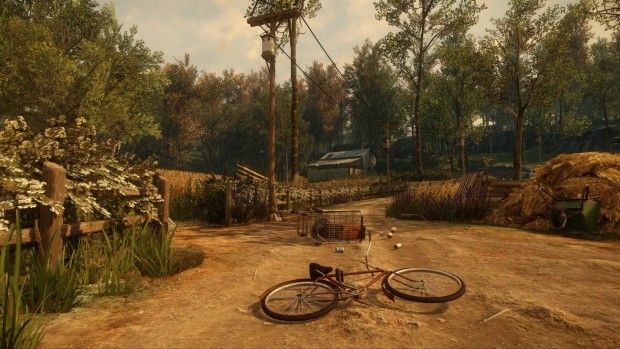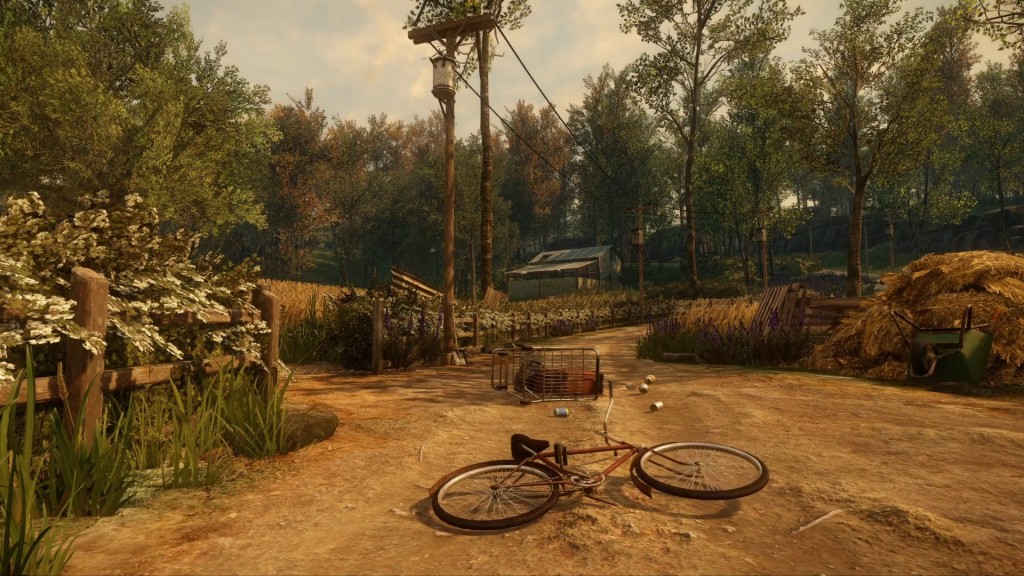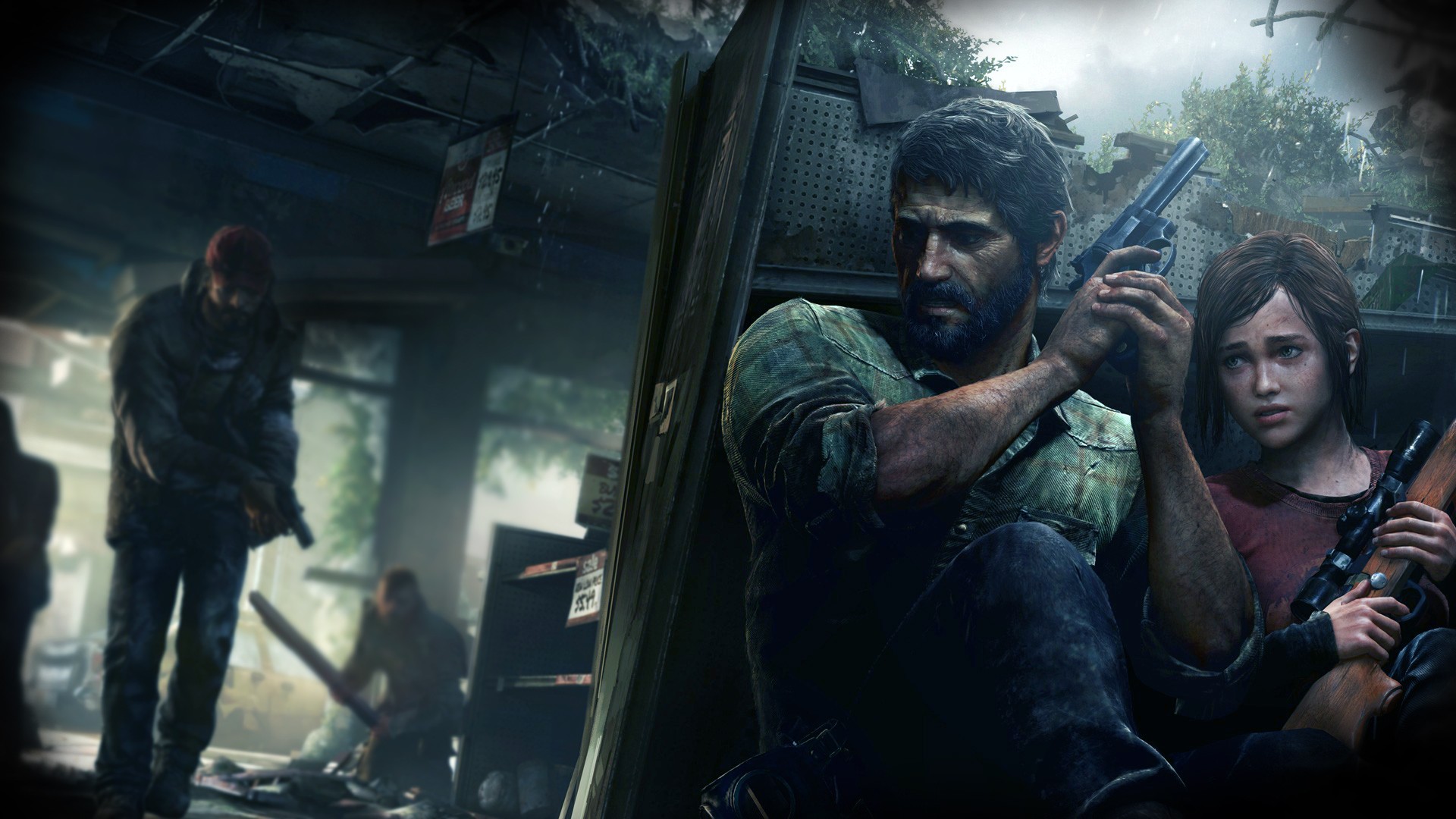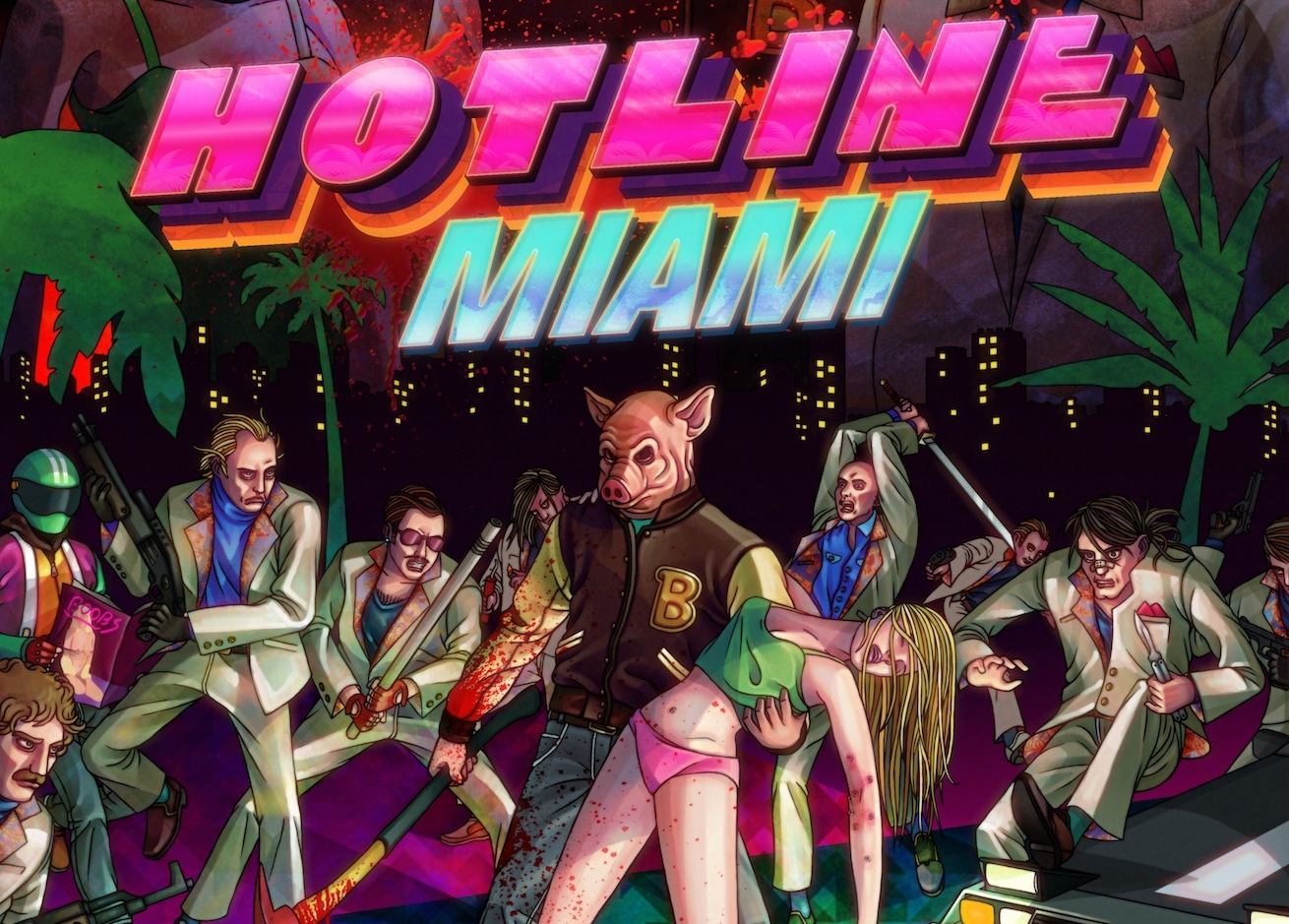I have a friend who, when he was a young boy, was fascinated by the idea of the apocalypse. He was not terrified or even mildly scared of the prospect of the end of the world. Rather, he was excited by it. Apparently, he had read The Day Of The Triffids several times and was genuinely beguiled by the notion of the wiping out of the entire human race because, and I am not making this up, he would be free to spend all day sitting on a mountain of crisps reading comic books and watching films, all the while ignoring the clicking of the mammoth plants lumbering outside.
Here, however, developers The Chinese Room have given us a much more sedate image of the apocalypse. There are no rampaging zombies, no balls of sulphuric fire or alien invasions. No, in the quaint English village of Yaughton, a leafy tea and jam scones location that might feature in an episode of Midsomer Murders, all of the inhabitants have inexplicably vanished. Whether they have been abducted, have slipped between the folds of a parallel dimension or have been transfigured to a spiritual plain is part of the mystery of this offbeat title. Gameplay consists almost entirely of exploring the village, where homes, the schoolhouse, the observatory, the sports pitch and other traditionally plummy English locales are brought vividly to life through the use of colour, gorgeous lighting effects and photorealistic scenery. In other words, the player discovers the backstory through seemingly trivial details such as an open door, an abandoned bicycle or the writing on a pub chalkboard, rather than an NPC dumping everything that you need to know in stilted dialogue. It’s a neat way of telling rather than showing not too dissimilar from the placement of background exposition in horror-based titles such as Left 4 Dead and Dead Space. Then there are the disquieting radio broadcasts and ghostly appearances of glowing… well, it would be unfair to reveal too much about them here, that further flesh out the scenario and reveal what sort of existential pickle in which you have found yourself.
One criticism of Everybody’s Gone… is the laborious pace. Moving around the village is deathly slow, almost as if the developers are forcing you to look closely at your surroundings instead of having the confidence in the quality of the graphical work that they have rendered. Gamers will stop to take in their environment but they will resent being made to do so. There is a run button but it changes your speed from a plod to a crawl. Consequently, Everybody’s Gone… will not appeal to those who prefer their games with a little more oompah but will be enjoyed by those who like literary and thoughtful approaches to the medium. Ross Thompson





